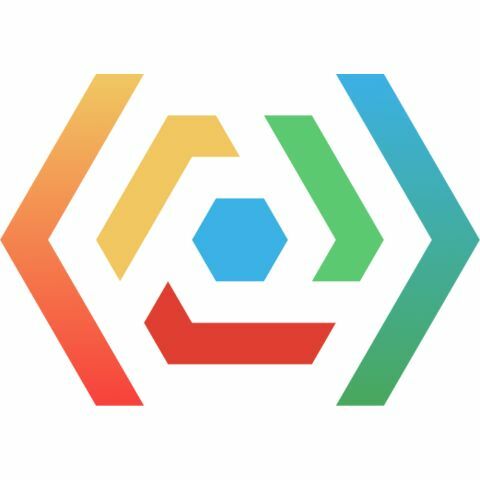Articles
What’s Next for Smart Contract Platforms in 2026?

Share article
The online economy is undergoing a silent revolution, transforming industry line by line of code. Smart contracts, once limited to simple token swaps, are now evolving into complex frameworks redefining business logic, governance, and value exchange. By 2026, these autonomous systems will extend beyond finance, merging digital trust with real-world efficiency. As enterprises embrace decentralization, the focus shifts from if to how intelligently smart contracts are deployed.
Early contracts executed tasks rigidly, but the next wave will be adaptive, data-driven, and context-aware. They will:
Utilize machine learning for predictive execution.
Manage multi-party agreements dynamically.
Integrate IoT for real-world validation.
This transformation turns contracts into intelligent arbiters capable of negotiating complex outcomes.
In 2026, blockchain fragmentation will yield to cross-chain synergy. Platforms like Polkadot, Cosmos, and Avalanche are leading the charge toward universal contracts that operate seamlessly across multiple networks. Web3 smart contract development services will focus on interoperability, enabling unified liquidity, asset mobility, and shared governance across ecosystems.
Scalability and sustainability will define next-generation platforms. With technologies like sharding, zero-knowledge rollups, and modular layers, performance will expand without environmental compromise. Green consensus models and low-energy computation will become fundamental.
Artificial Intelligence will revolutionize blockchain smart contract development, creating self-learning, autonomous systems. Future contracts will:
Detect anomalies and self-adjust terms.
Execute actions using sentiment or market data.
Audit themselves for continuous compliance.
This fusion of AI and blockchain will blur boundaries between code and cognition, forming decentralized intelligence that self-evolves.
JustTry Technologies, a leading smart contract development company, exemplifies this innovation. Their expert smart contract developer team integrates AI, interoperability, and analytics to build adaptive, trustless frameworks for global collaboration.
By 2026, smart contracts will not just automate, they will think, adapt, and evolve. As digital ecosystems mature, the real question remains: will the future belong to platforms that automate, or those that truly understand intent?
Related articles
REAL STOLEN BITCOIN RECOVERY EXPERT 2025 SEPTEMBER.

Before You Launch an NFT Marketplace on Solana: What to Know

Top 7 Smart Contract Platforms to Watch in 2026

Advertisement

